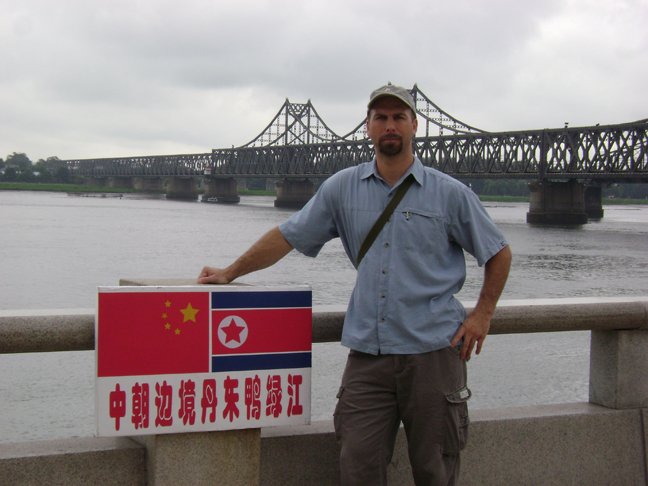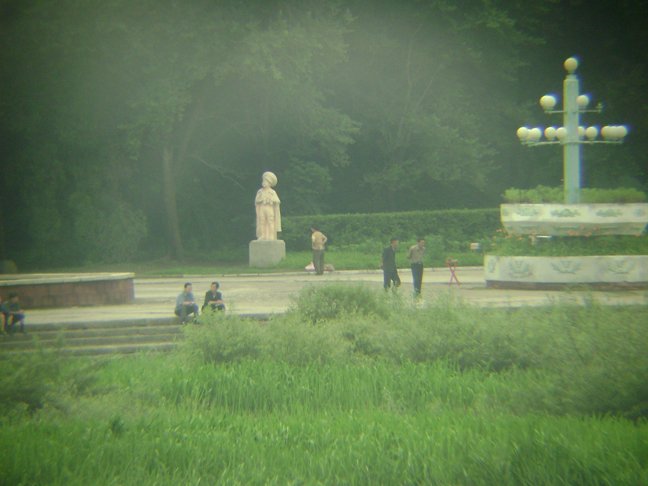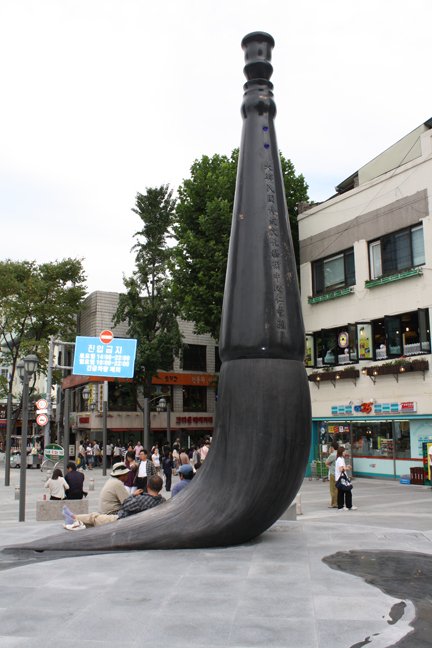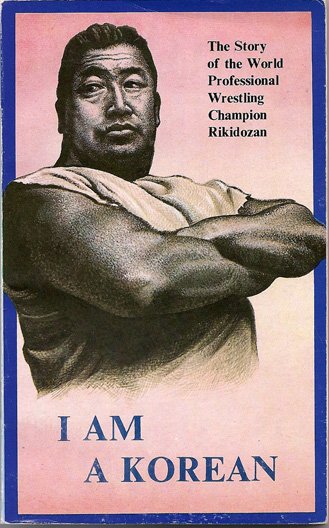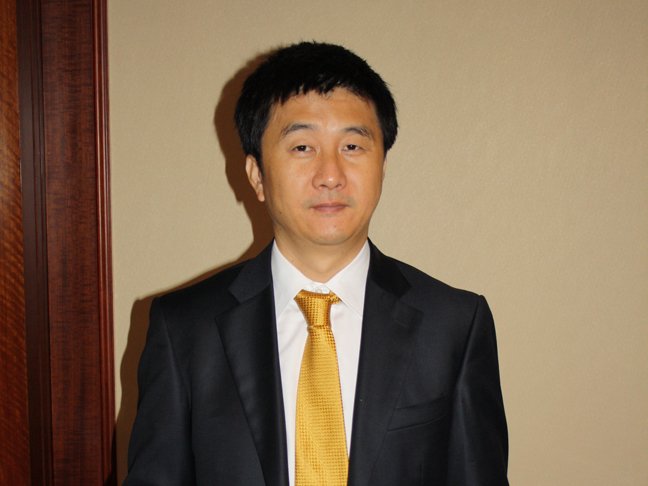Contributing editor Stephen Morison Jr. recently traveled to areas of China and South Korea with hopes of entering North Korea and meeting writers living in a country where all art is political. While he never set foot on North Korean soil, he was able to talk to some authors and scholars who offer insight on the reach of the Communist state.
Morison, who lives in Amman, Jordan, has contributed a number of articles that offer insights into international writing communities, including "Demilitarized Zone: Report From Literary Vietnam" (September/October 2009), "Censored Stories: Report From Literary Myanmar" (November/December 2008), "Chinese Characters: Report From Literary Beijing" (May/June 2008), and "The Poets of Kabul: Report From Literary Afghanistan" (November/December 2006).








